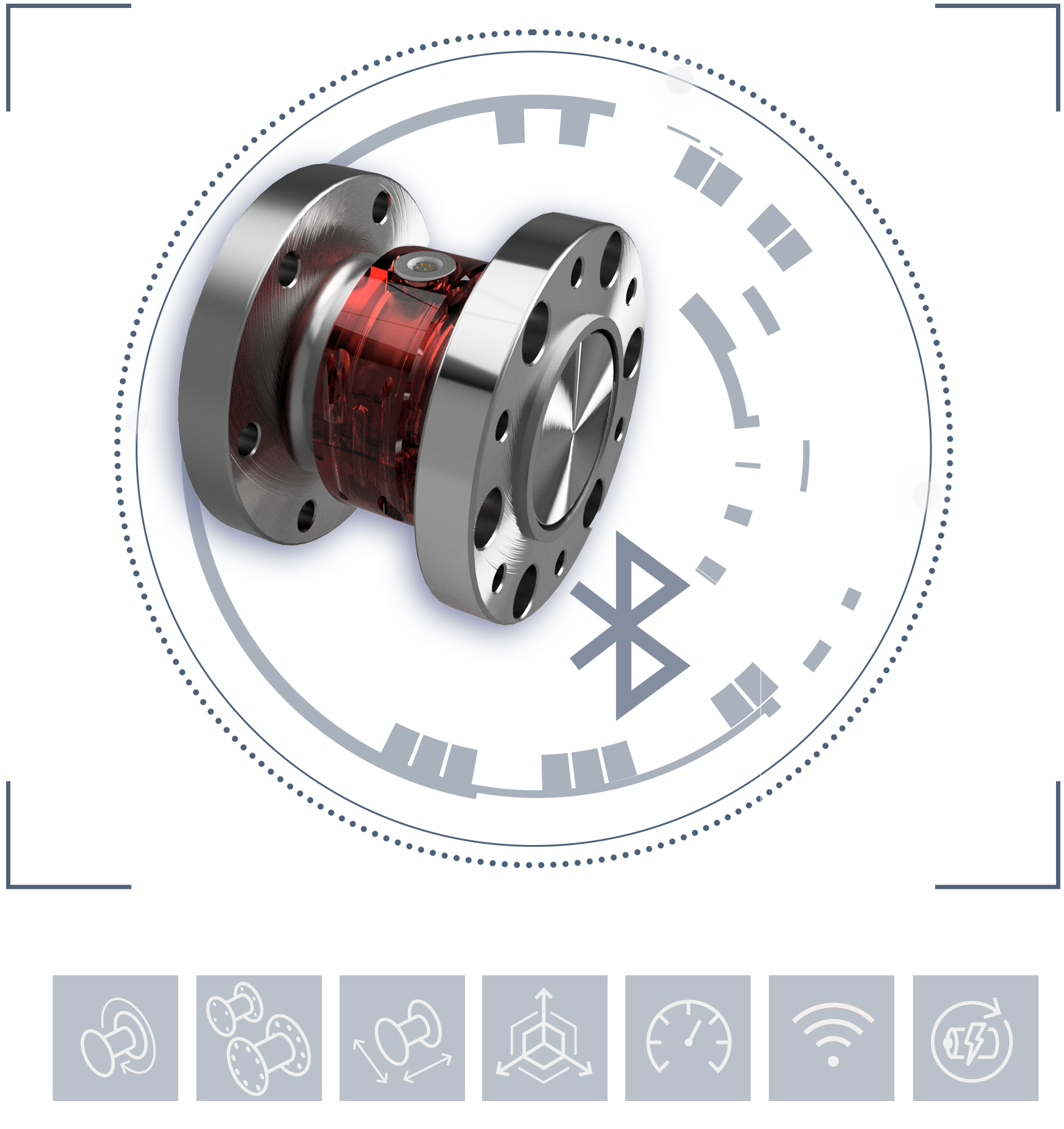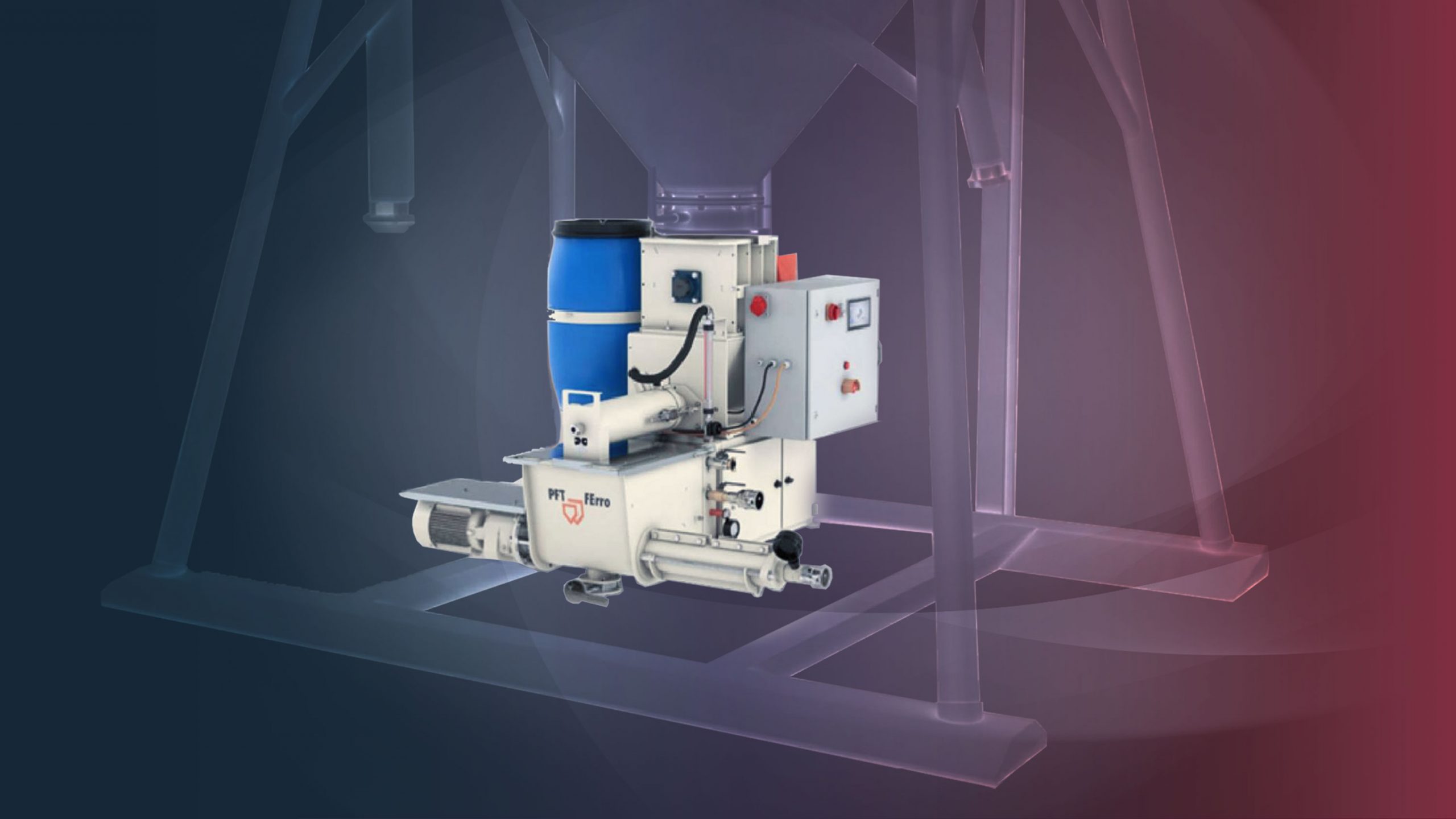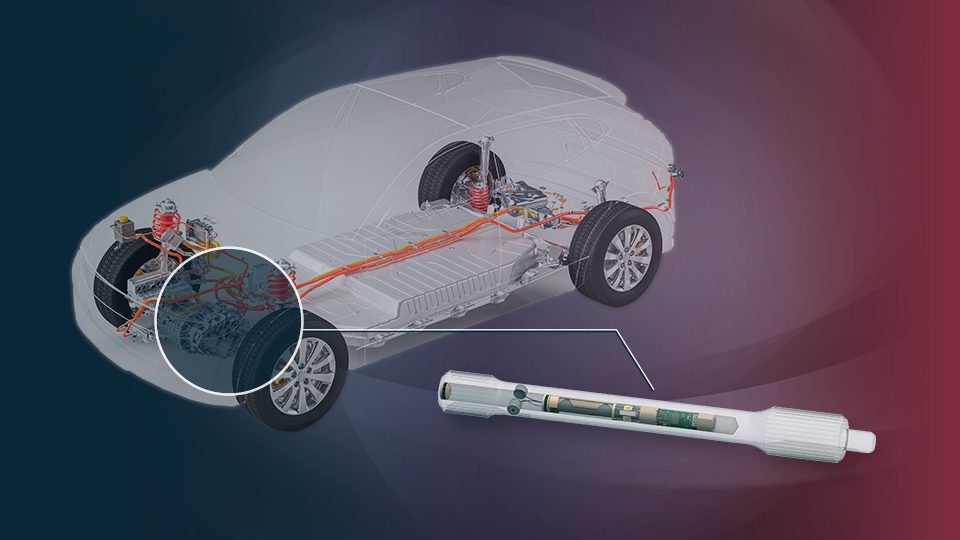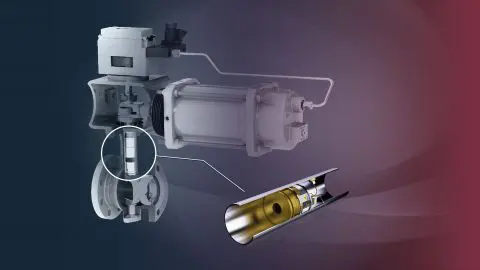Roll forming is a sheet metal forming process in which a flat sheet (coil) is formed into a profile in several forming steps. The continuous manufacturing process is one of the mass production processes, which is why effective plant utilization is of paramount importance.
However, a large amount of effort is required for setup and adjustment of new processes as well as for troubleshooting to ensure the required product quality. Depending on the user, productive plant utilization can drop below 50%, especially if there are frequent changes of the profiles to be produced. A major difficulty is (re)finding the correct settings of the individual stands, which, however, depend on each other.
Roll forming lines usually consist of a single central drive that drives the dies and thus the sheet. Here, another challenge arises: Power is distributed to the individual stands via fixed gears, i.e. the speeds of each die are predetermined. Individual forming stages therefore work against each other due to unrecognized design errors, out-of-tune equipment or incorrect parameters, i.e. forming stages exist with negative (braking) torque. On the one hand, this fact leads to quality problems of the profile or premature wear of the rolls, on the other hand, it requires more energy than would be necessary for the forming process.
Process optimization with core sensing torque sensors
With the help of core sensing torque sensors, it is possible to adjust the process better and to make fine adjustments with a very sensitive measured variable instead of, as is usually the case, via a pure path measurement of the infeed. By measuring the torques on the line and displaying them in a clear bar graph, it is possible to see which stands need to be optimized. As a result, the stands can be coordinated more easily and thus more quickly, and the energy consumption of the plant can be reduced by up to 66%. The investment in smart force and torque sensors therefore pays off quickly for plant operators.
Advantages of core sensing solutions for torque measurement
- No highly accurate but fragile laboratory transducers, but wireless and robust industrial sensors
- No protruding parts or connections that could be destroyed during frequent setup and transport of the frameworks
- Ideal for retrofitting existing installations by replacing the cardan shafts or installing a measuring flange
- Frequent change of sensor technology for different plants possible - no wiring of the entire plant, especially no cable laying necessary
- Plug&Play sensor technology and clear display of a wide range of torque signals in the coreVIEWER app




